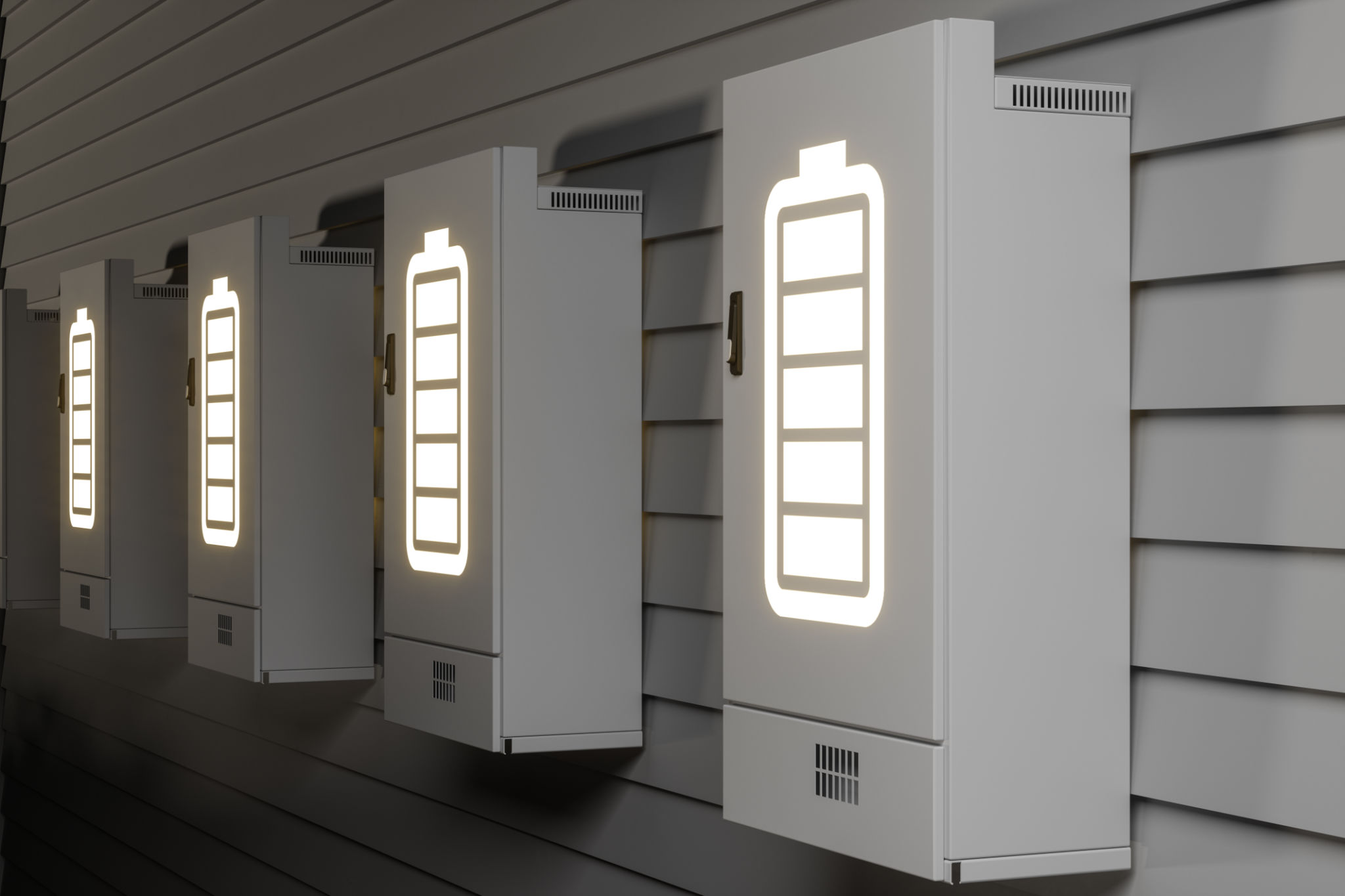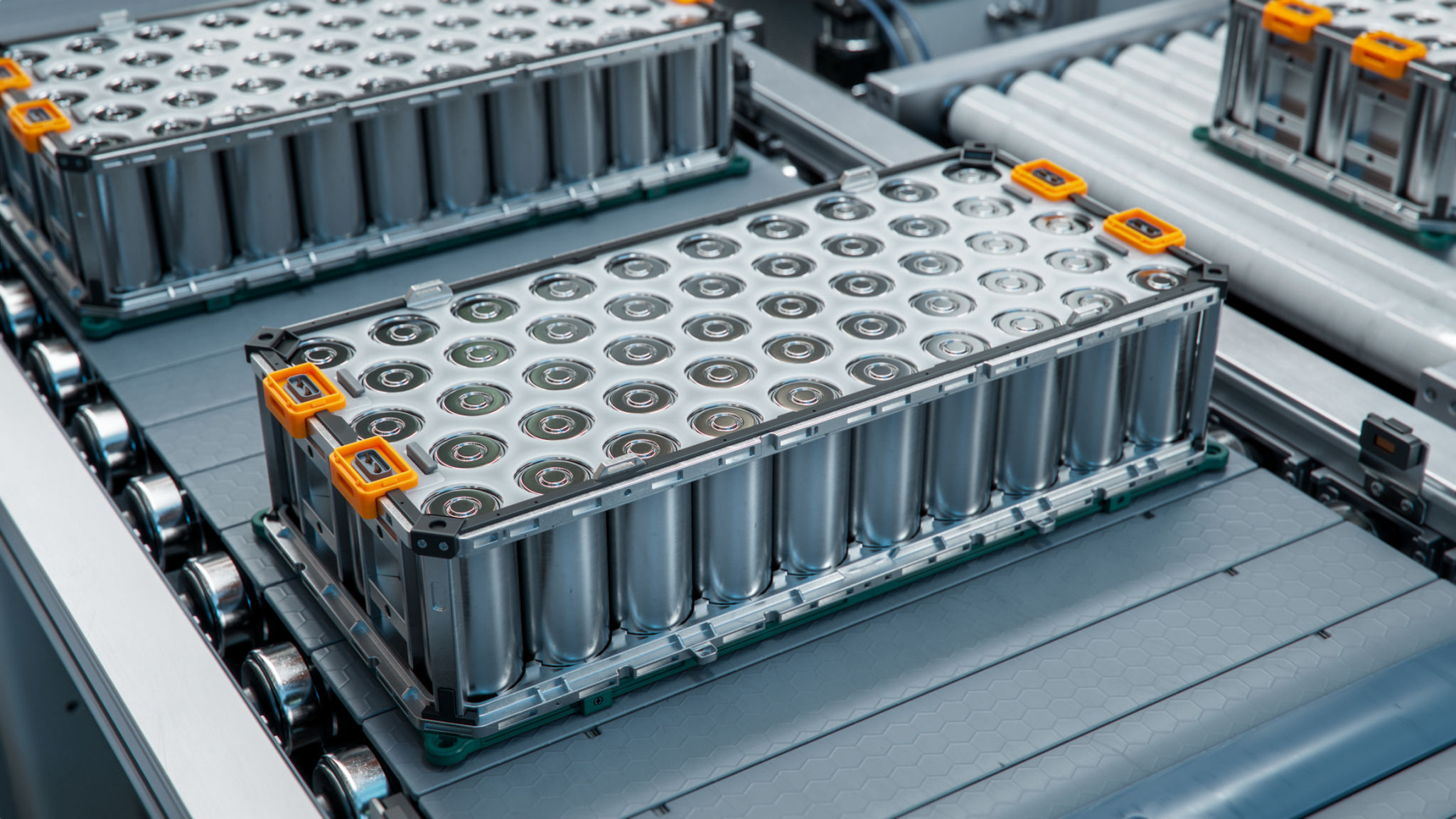A Comprehensive Guide to Selecting the Right Solar Battery for Your Needs
Understanding Solar Batteries
Solar batteries are a critical component of any solar power system, allowing you to store energy for use when the sun isn't shining. Choosing the right solar battery can make a significant difference in the efficiency and reliability of your solar energy system. With numerous options available in the market, understanding the differences and determining which is best suited for your needs can be challenging.

Types of Solar Batteries
There are several types of solar batteries, each with its own advantages and disadvantages. The most common types include Lead-Acid, Lithium-Ion, and Saltwater batteries. Lead-Acid batteries are the oldest type and are generally more affordable but require more maintenance. Lithium-Ion batteries are popular for their longer lifespan and higher efficiency. Saltwater batteries are a newer option with environmental benefits due to their lack of heavy metals.
Assessing Your Energy Needs
Selecting the right solar battery begins with assessing your energy needs. Consider your daily electricity usage, peak energy consumption times, and how long you need the stored energy to last. Calculate your total energy demands to ensure the battery you choose can meet them without frequent recharging. This assessment is crucial for optimizing your solar power system's performance.

Battery Capacity and Power
The capacity of a solar battery, measured in kilowatt-hours (kWh), indicates how much energy it can store. It's essential to choose a battery with enough capacity to meet your household's energy requirements. Additionally, consider the power rating, which determines how much electricity the battery can provide at once. A higher power rating allows for simultaneous use of more appliances.
Battery Lifespan and Efficiency
The lifespan of a solar battery is an important factor to consider. Most batteries have a lifespan between 5 to 15 years, depending on the type and usage conditions. Efficiency is another critical criterion—look for batteries with higher round-trip efficiency, which means less energy is lost during the charge and discharge cycles.

Cost Considerations
While cost is always a factor in any purchase decision, it's imperative to consider both the upfront price and long-term value of a solar battery. Higher-quality batteries may have a higher initial cost but often provide better performance and longevity, ultimately saving money in the long run. Evaluate warranty options as well to ensure you’re protected against potential defects or issues.
Installation and Maintenance
The installation process can vary depending on the type of battery and your existing solar setup. Professional installation is recommended to ensure safety and optimal performance. Maintenance requirements also differ; for example, lead-acid batteries require regular water level checks, while lithium-ion batteries typically require minimal maintenance.
Environmental Impact
Consider the environmental impact of the solar battery you choose. Lithium-Ion and Saltwater batteries are generally more environmentally friendly compared to Lead-Acid batteries due to reduced toxic materials and longer lifespans. If sustainability is a priority, explore options that align with your environmental values without compromising on performance.
In conclusion, selecting the right solar battery involves balancing factors such as type, capacity, lifespan, and cost. By understanding your specific energy needs and evaluating different options, you can make an informed decision that enhances your solar energy system's effectiveness while aligning with your budget and sustainability goals.
